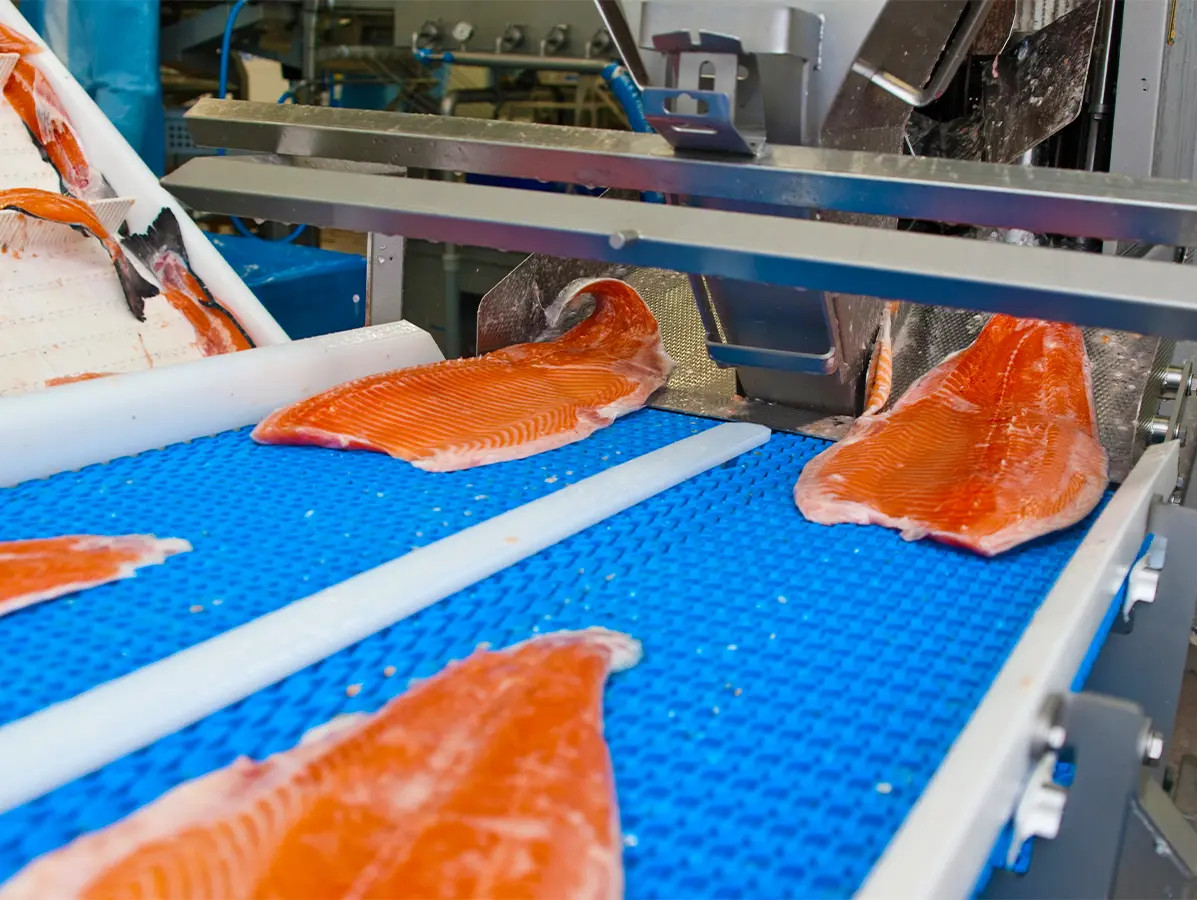
After years of stagnation and slight decline, the global salmon industry is preparing for solid growth. According to research by Kontali, production is expected to increase by 27% by 2030. This growth is primarily driven by improvements in fish health, strategic investments, and a significant rise in land-based production. However, without these factors, growth remains uncertain.
In Europe, production is anticipated to increase by around 25%. Norway is focusing heavily on recovery, aided by new technologies such as underwater cages and enhanced fish health measures. Nevertheless, regulatory and tax pressures, such as Norway’s traffic light system, present barriers to growth. Other European countries, including the UK and Iceland, are benefiting from investments in larger smolts and shorter production cycles. In Iceland, stricter regulations are also being implemented to protect biodiversity.
The industry faces significant challenges. Climate change is bringing altered weather patterns, temperature shifts, and new pathogens to coastal areas. Addressing these risks requires substantial investment. Moreover, the industry worldwide is dealing with strict environmental regulations and production limits, such as maximum allowable biomass (MAB) in countries like Norway. New technologies, including sheltered cages and biosecurity measures, help mitigate the impact of these obstacles.
Land-based salmon farming appears to be the growth market of the future, with North America, Asia, and Norway leading the way. This method offers a more sustainable alternative, aligning with today’s political and environmental demands.
Source: Kontalis